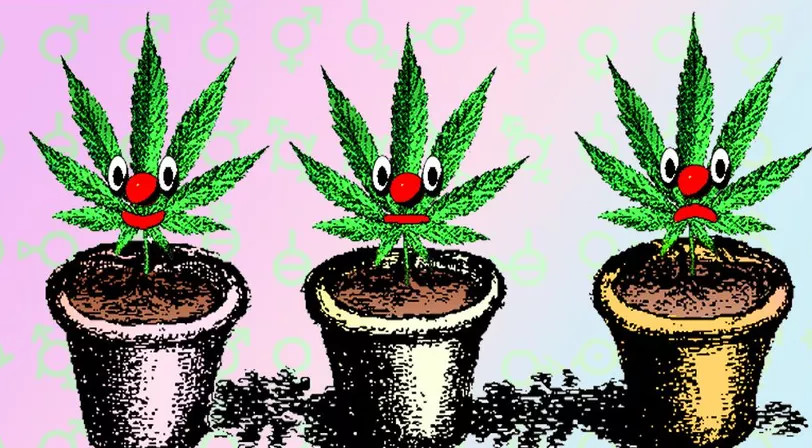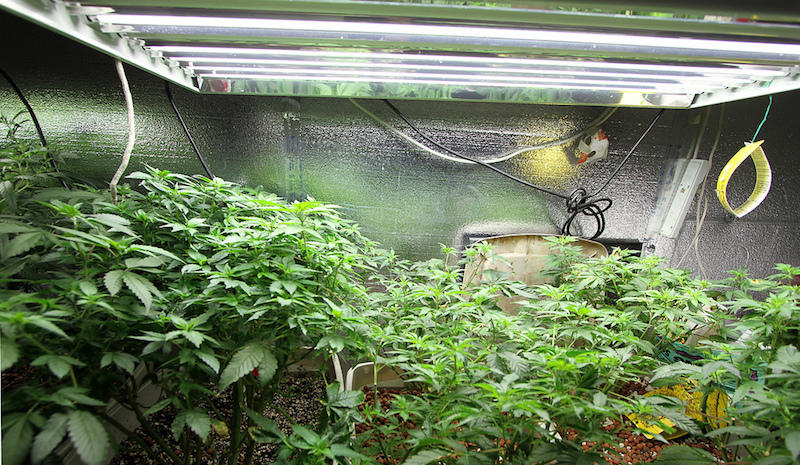There are other techniques that can be implemented for controlling weeds in your lawn and garden.
Obviously, the control of weeds in your lawn will be more difficult because you’re trying to preserve the grass while doing so. Knowing what you’ve got will be incredibly beneficial as many things should be considered when selecting your control methods: annual or perennial, how the plant reproduces, timing, etc.
Pre-emergents (chemical control applied before germination) can still be used, as weed seed will germinate all season long, but ONLY if you have no plans to over-seed your lawn. Most pre-emergent controls are geared to prevent all weed seed from germinating, unless you purchase a specific product. Otherwise, they’ll do exactly as intended … and not allow germination.
Organic products containing corn gluten are also available as a pre-emergent weed control. Corn gluten is said to decrease germination rate of certain seeds.
There are many different post-emergent (used after the plant has sprouted) controls available that contain certain species of weeds, both grass and broadleaf.
For the less-aggressive gardener, a mixture of vinegar and salt (check out recipes
online) can be utilized to control ‘friendlier’ weeds, those that don’t hold on for dear life. The vinegar changes the pH, making the environment unhospitable, and the salt acts as a desiccant, drying out the weed.
For those stubborn guys, like dandelion, you’ll generally need to use a little elbow grease and manually remove, aka dig it up.
Hold your horses. Chemical applications aren’t the only route.
Minimizing soil disruption. Every inch of your landscape contains weed seeds but only those within the top few inches ever get enough heat or light to
germinate. When we till or dig, we bring those seeds to the surface where they’ll
literally attack. Think about it like disturbing an ant bed.
Cover the soil. If there is bare soil, weed seed will germinate. Mulching benefits
plants by keeping the soil cool and moist. It is also a great tool in weed control
because it deprives weed seed of light. Groundcovers also are beneficial, acting
similar to a mulch. Just remember, where there’s a will, there’s a way … and
those baby weeds are just waiting for their chance to explode.
Get them while they’re young. It is much easier to hand remove when a plant is young versus mature, when it’s had time to ground itself and develop a good root system. This is especially important for those perennials with large taproots. It’s about like trying to rip a very mature carrot from a garden soil that doesn’t want to let it go.
Off with their heads. Make sure and remove the flower (or seed head if a grass
weed) if you can’t remove the undesired plant. We can achieve this by mowing
on a regular basis or hand removal, aka deadheading, within landscape beds. In
regards to annual weeds, you can literally wipe them out if you can keep them
from flowering.
Take the easy road. Don’t try and weed when it’s dry as a bone out. Weeds are
extracted from moist soil much easier than dry soil, so give your muscles a break
and wait.
Biological? Of course, you can always rent a goat!
And remember, just as with those desirable species, soil health determines the health of your plant. Weeds can tolerate about any condition, hospitable or not, which is what makes them so successful, whereas intentional selections may demand adequate organic matter, specific moisture levels and even a specific pH. So basically, a healthy soil translates into healthy plants and hopefully, less unwanted weed species … so let’s keep the ones we want happy!

Credit: springhillhomepage.com
“A Home Grown Tradition” is written by Amy Dismukes. Amy is the UT/ TSU Horticulture Extension Agent for Williamson County, Tennessee and is a graduate of Auburn University, where she received a Bachelor of Liberal Arts, a Bachelor of Science in Horticulture and a Master of Agriculture in Plant Pathology & Entomology. She provides educational training for both homeowner and commercial clientele regarding issues concerning horticulture, conducts site visits throughout the county to diagnose and resolve issues with insects, plant diseases, soil and weeds, and is a frequent guest speaker for professional, garden and horticultural associations and commercial pesticide workshops/conferences. Amy also coordinates the Williamson County Master Gardener Program.
This column includes research-based recommendations from Tennessee State University and the University of Tennessee. Extension is committed to affirmative action, equal opportunity and the diversity of its workforce.
Educational programs serve all people regardless of race, color, age, sex, religion, disability, sexual orientation or national origin.
Credit: springhillhomepage.com













